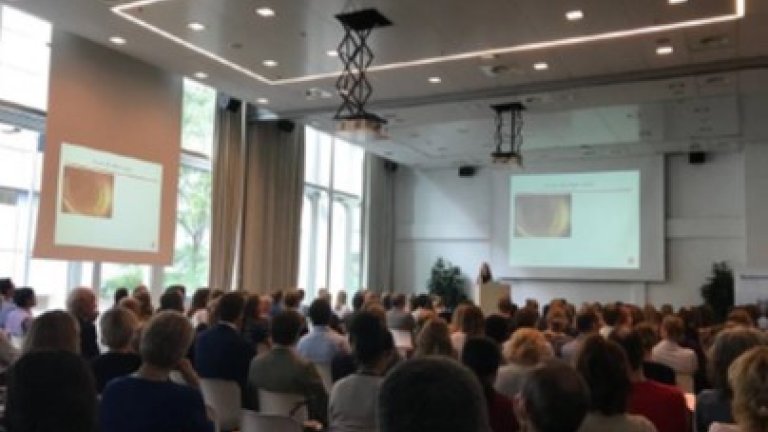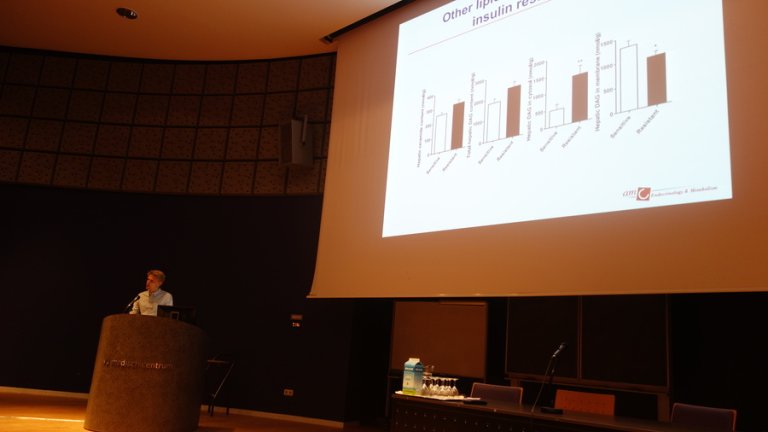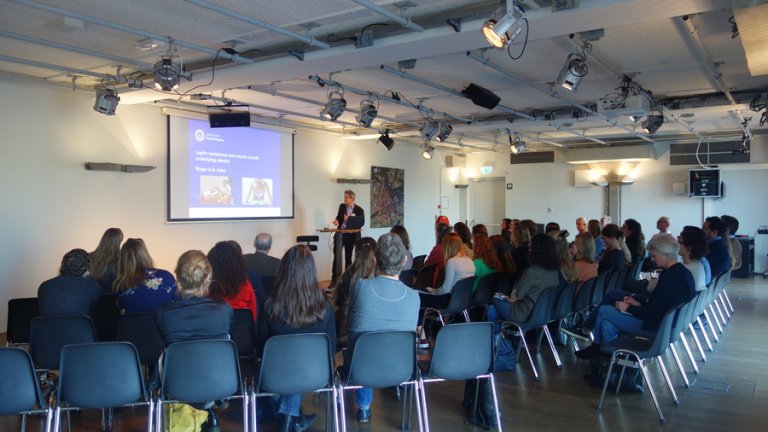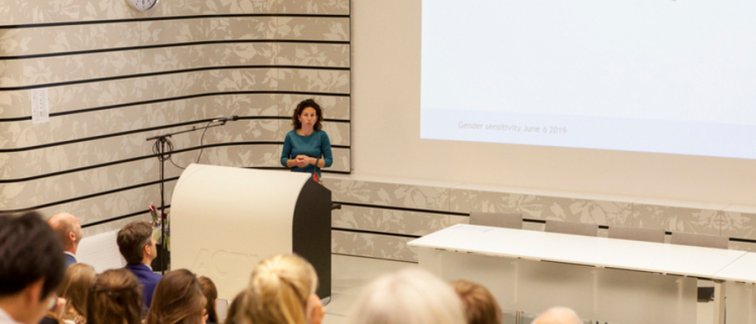2025
On November 21, 2025, the HPBeter multidisciplinary symposium was held in Amsterdam, bringing together healthcare professionals involved in hepatopancreatobiliary (HPB) care and research. The overarching theme, “The Vulnerable Patient as a Compass in Healthcare,” emphasized the importance of patient-centered decision-making throughout the HPB care continuum.
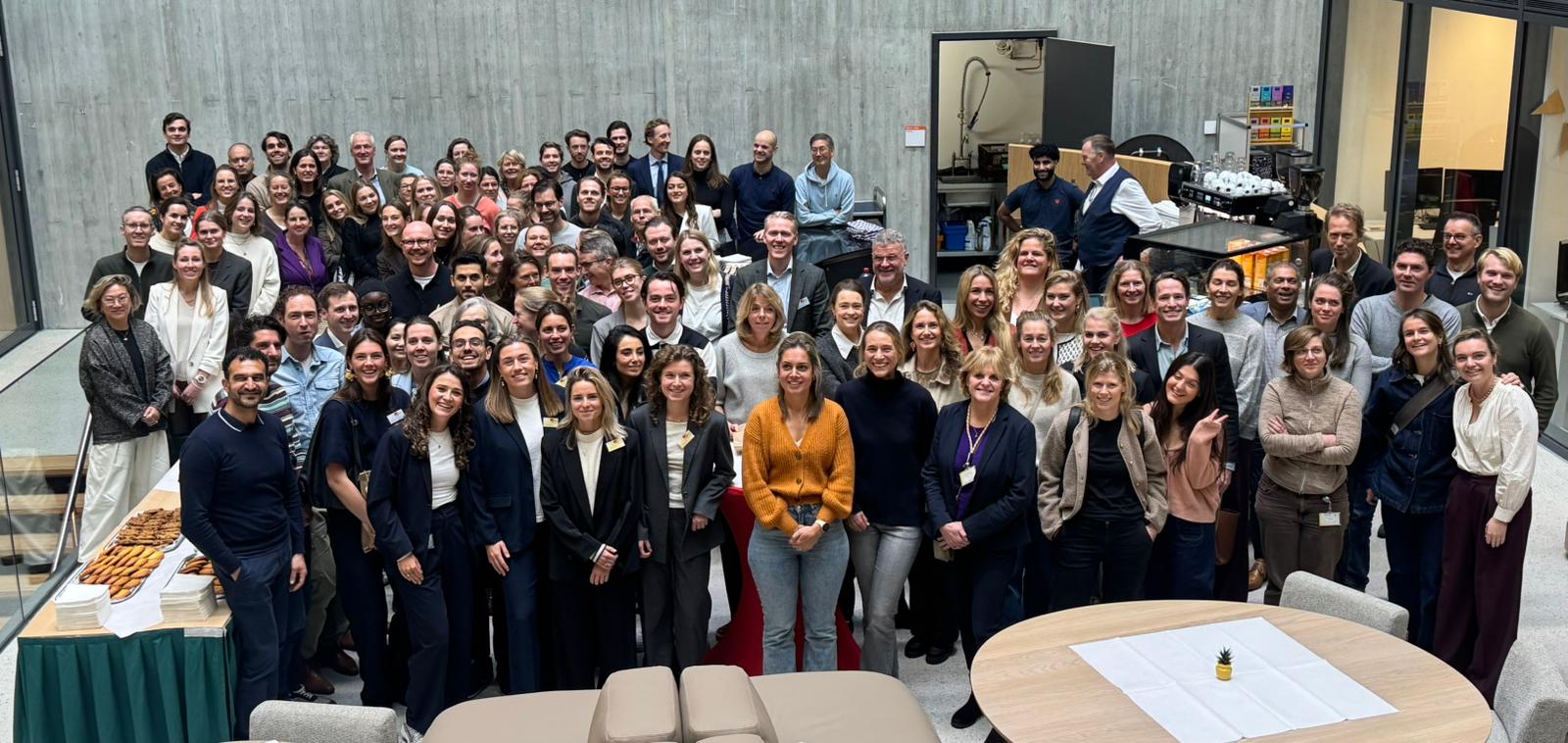
The program consisted of four thematic sessions addressing vulnerability in HPB care, malignant biliary and pancreatic disease, liver disease, and pancreatic conditions. Presentations combined clinical research, translational science, and practical insights into care pathways, illustrating how innovation in HPB medicine can be aligned with the needs and resilience of individual patients.
The opening session focused on the vulnerable patient, with attention to care for older patients, high-risk anesthesiology, and spiritual care, setting the tone for a holistic and multidisciplinary approach. Subsequent sessions highlighted advances in surgical outcomes, clinical trials, novel diagnostic strategies, prehabilitation, and multidisciplinary treatment approaches.
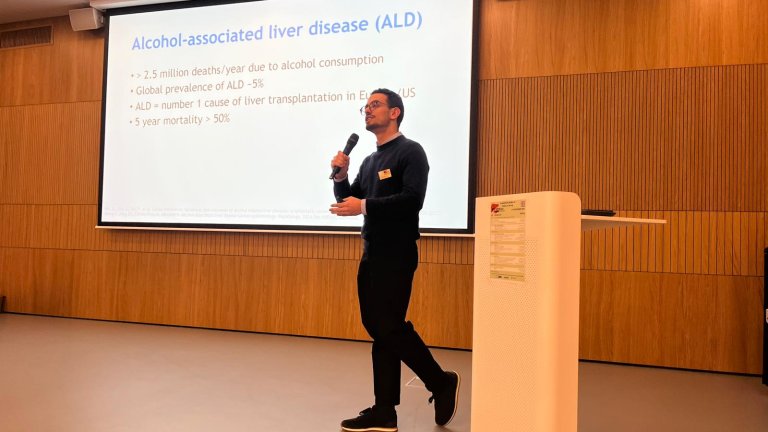
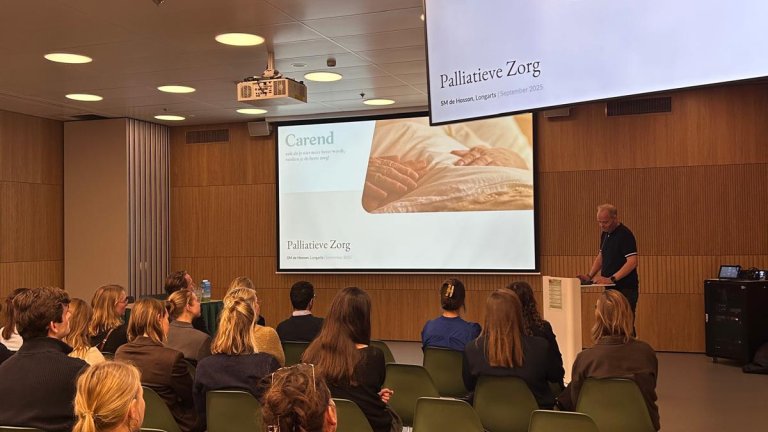
The symposium attracted a broad audience of medical specialists, residents and fellows, researchers, nurse practitioners, and other healthcare professionals from both academic and peripheral hospitals, fostering active discussion and exchange.
The day concluded with an inspiring keynote lecture by Sander de Hosson on palliative care, encouraging reflection on vulnerability, quality of life, and the integration of palliative principles into HPB care.
HPBeter 2025 was a successful meeting. The organizing committee would like to thank Cancer Center Amsterdam (CCA) and Amsterdam Gastroenterology, Endocrinology and Metabolism (AGEM) for their support.
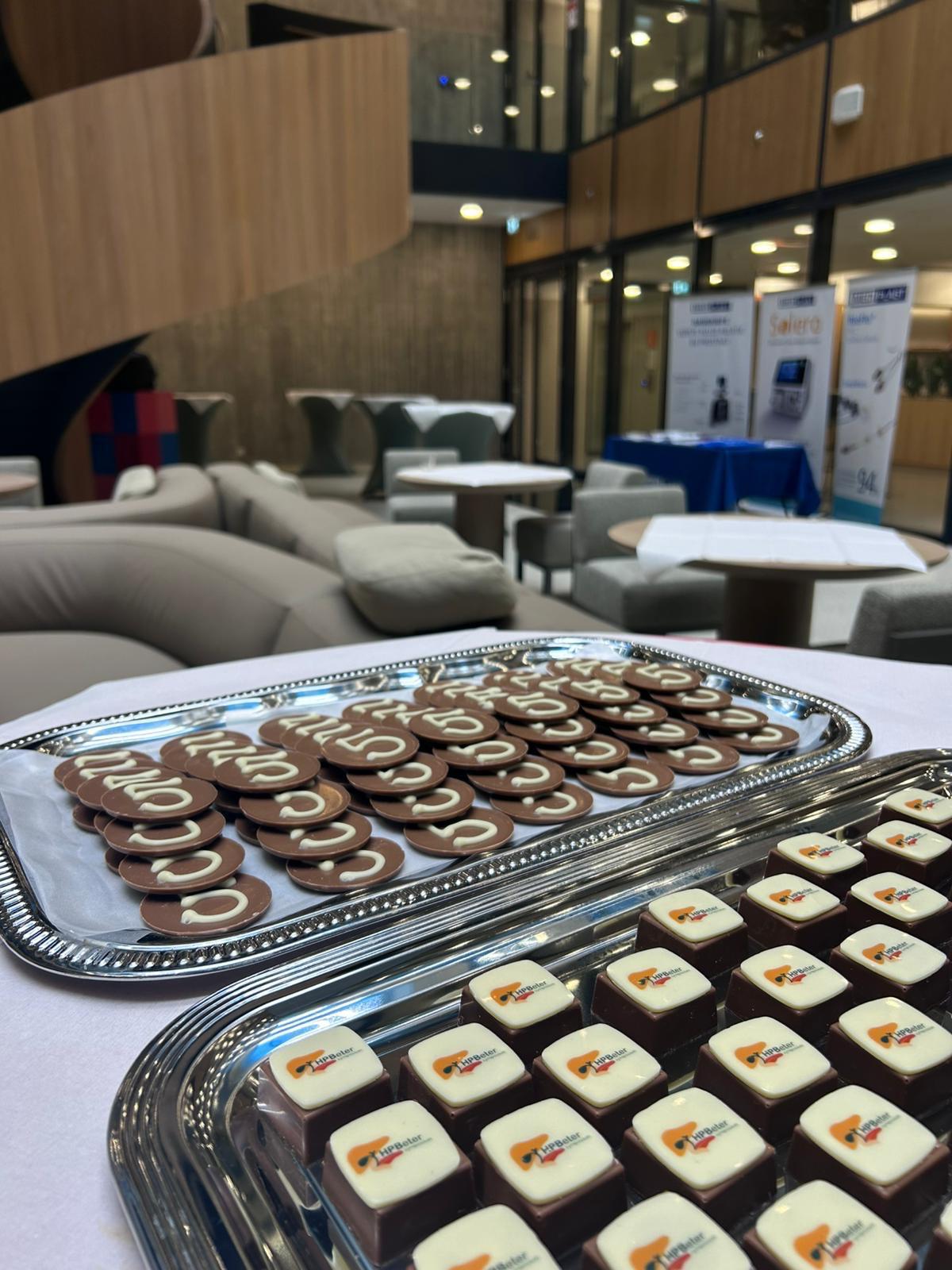
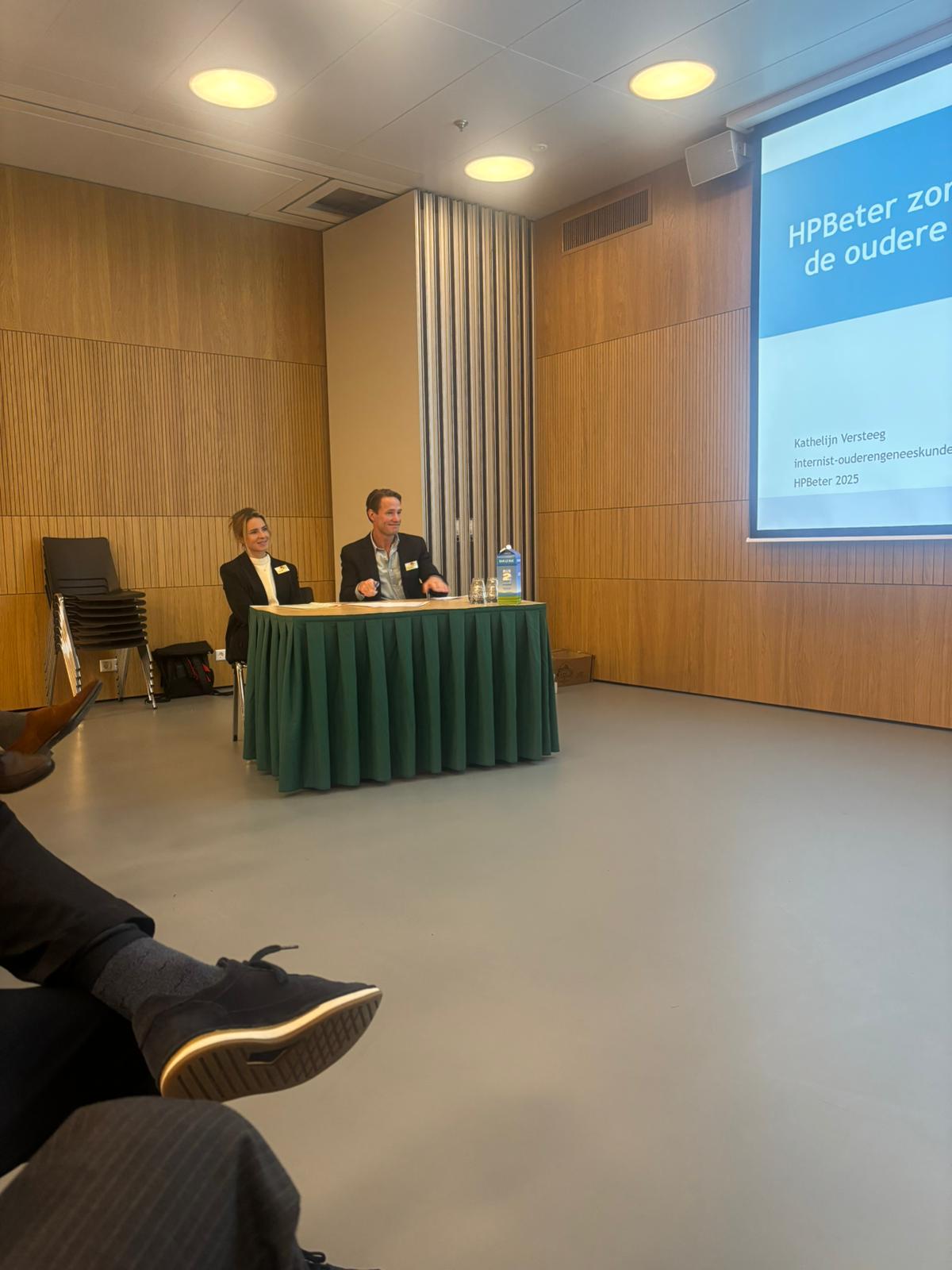
On Friday, March 7th, AGEM hosted the "(Dis)balances in Androgens Throughout Life" symposium at the Volkshotel, Amsterdam.
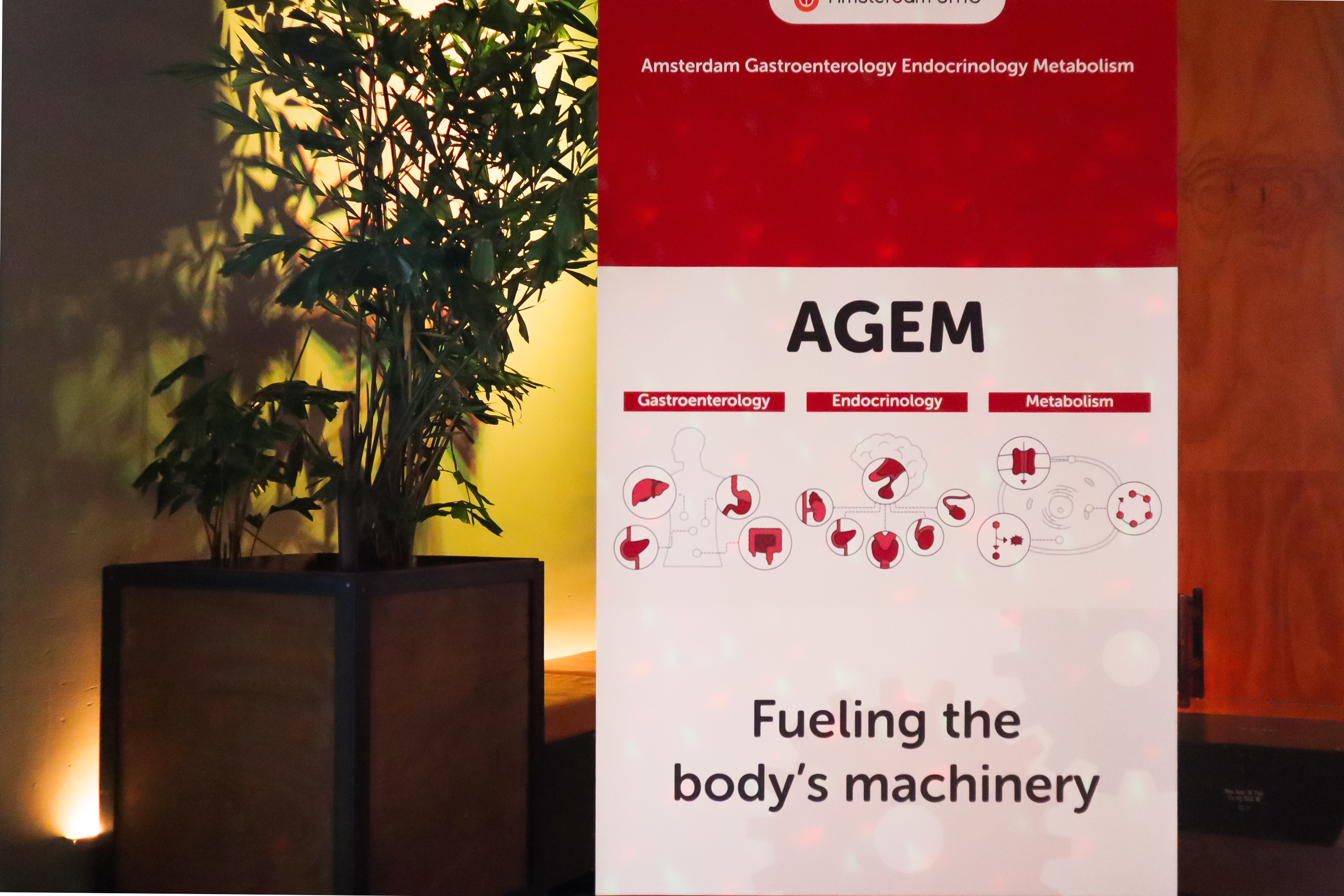
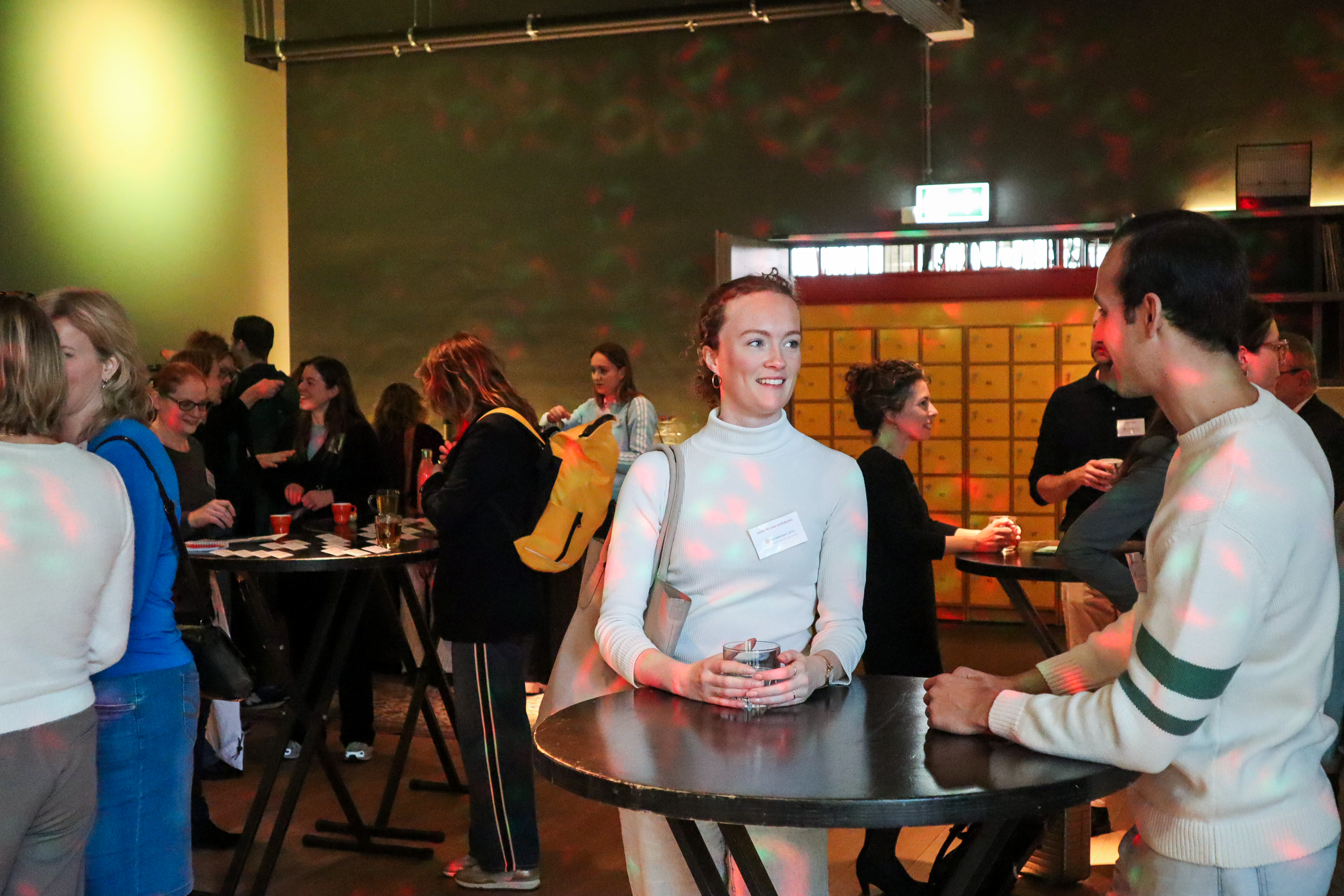
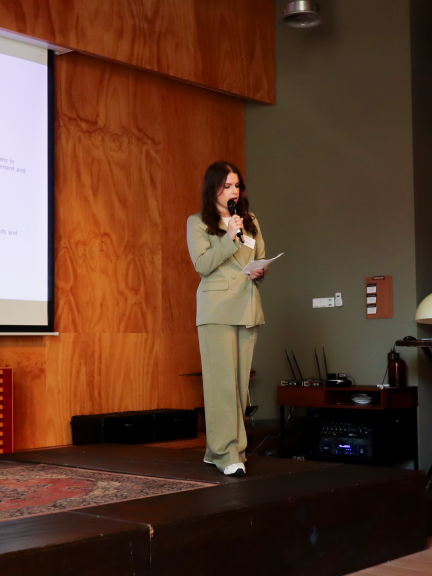
Following registration, coffee, and stroopwafels, the morning kicked off with Annemieke Heijboer, head of the Endocrine Laboratory at Amsterdam UMC. Her talk on methods for measuring androgens provided attendees with a solid foundation to critically engage with the rest of the day's presentations. How important is it to consider which measurement method we use? What does that mean for reference intervals, and how do we even establish reference intervals for something influenced by so many different factors?

Bas Adriaansen opened Session 2 (Androgens in Children) with a talk on androgen overproduction in girls due to congenital adrenal hyperplasia, impressing everyone with his excellent presentation and delivery. Sabine Hannema followed with a discussion on androgen deficiency in childhood, highlighting the potential predictive functions of mini-puberty. Lidewij Boogers sparked an engaging discussion on testosterone suppression and supplementation in transgender adolescents, emphasizing the consequences of initiating and discontinuing hormone treatments at different stages of a transgender person's life. The session concluded with Baudewijntje Kreukels, who explored the psychological effects of having too many or too few androgens—an especially relevant topic given evolving perspectives on sex and gender differences.
During the lunch break, half of the attendees and speakers could be found enjoying their sandwiches and soup in the sunshine—it was, after all, a sunny March day. The other half opted to stay inside, continuing discussions from Session 2 around the standing tables.
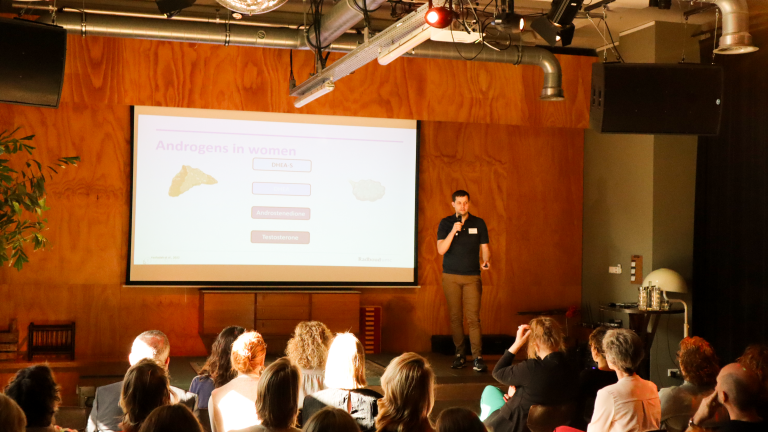
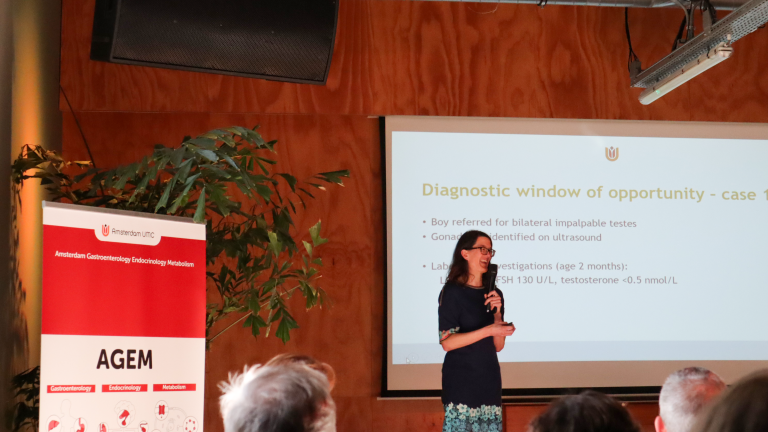
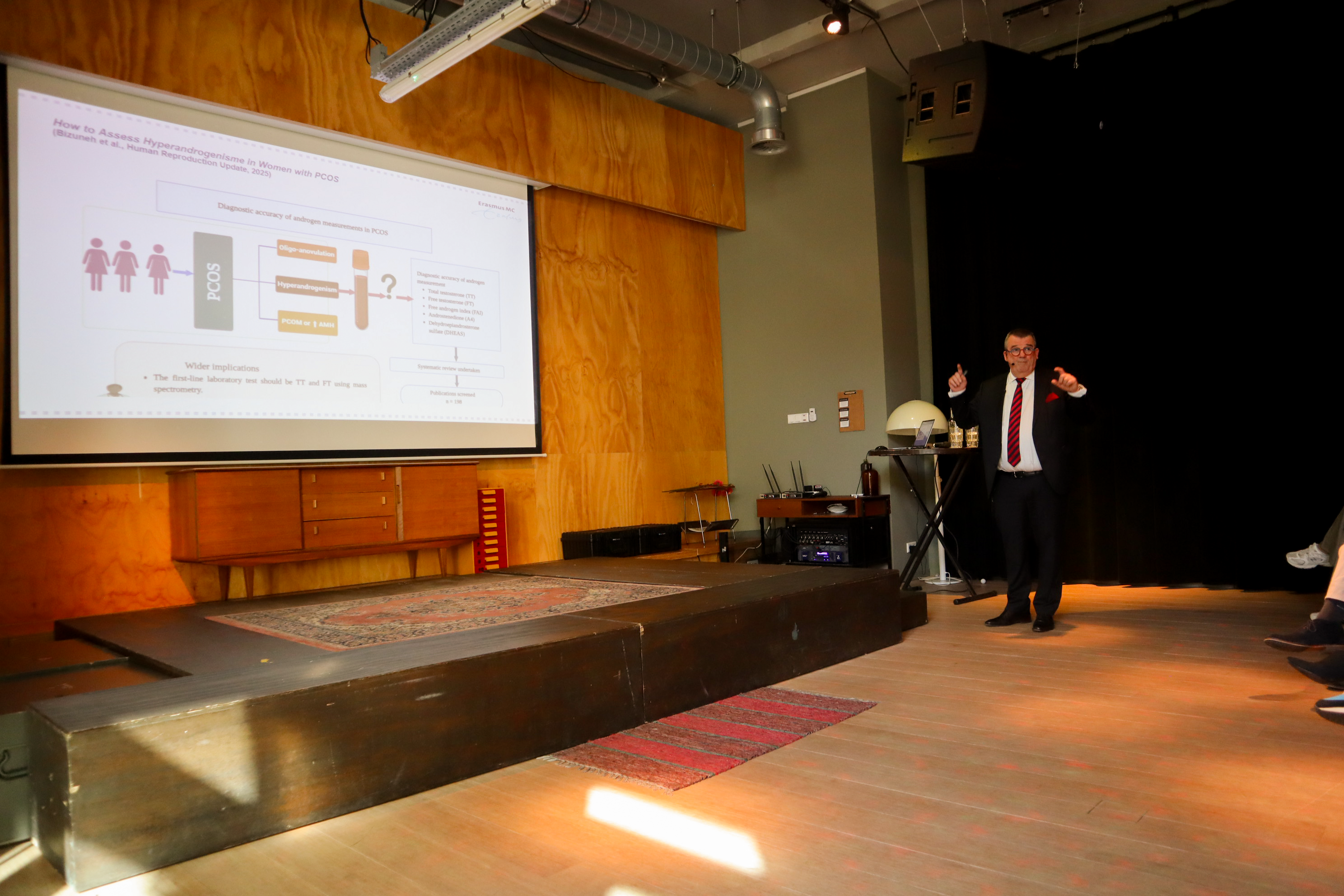
Session 3 started strong with Joop Laven’s talk on PCOS. Did you know that PCOS symptoms generally decline with age and that individuals with PCOS may have a later fertile window in life? Joop also discussed the characteristics associated with the offspring of individuals with PCOS. Inge Custers immediately captured everyone's attention by opening her talk with the question: "What is sex?" She explored the influence of age—and androgens—on sex throughout life, drawing an analogy between the progression of sex drive and the ability to complete a marathon at different life stages. Andreas Meißner followed with a highly interactive, clinically inspired presentation on the effects of androgen deficiency in males. He presented unique cases, including one that demonstrated how low testosterone levels do not always necessitate replacement therapy if the patient does not experience negative effects or feel the need to increase their levels.
Lastly, Pim de Ronde shared the background of how the Anabolenpoli (a clinic for individuals using anabolic steroids for performance) came to be. He presented results from two major studies conducted at the clinic, highlighting key findings such as: "Without any patient education on steroid use, individuals are likely to take significantly more than intended." A great example of how creating a safe and open environment can improve both patient and healthcare outcomes.
The day wrapped up with drinks and classic Dutch snacks, providing attendees with the opportunity to connect with speakers and each other to discuss the day’s fascinating insights. A successful event that will keep its momentum going for some time!
Previous years
2024
On November 22, the HPBeter multidisciplinary congress brought together diverse group of healthcare professionals. This congress day was organized to discuss, inspire and improve research projects and healthcare in the hepatopancreatobiliary (HPB) field.
The day was structured into four thematic sessions: colorectal liver metastases, primary liver diseases, and both malignant pancreatic and biliary diseases and benign HPB conditions. Each session was moderated by chairs who guided the discussions. Presentations ranged from clinical trials to fundamental research, alternated with healthcare pathways, case presentations and healthcare challenges. This comprehensive approach ensured that participants left with both a deeper understanding of the latest innovations and practical insights for daily practice.
It was a very well visited day, attracting healthcare professionals as well as researchers, medical specialists, residents (AIOS/Fellows), and nurse practitioners from all different fields. This year we also saw an increased attendance of care professionals from peripheral hospitals. The engagement and enthusiasm from this broad spectrum of participants contributed to the success of the day.
The day ended with a keynote presentation by Professor Sjoerd Repping, chairman of ZE&GG (Zorgevaluatie en Gepast Gebruik) at the Zorginstituut Nederland. His talk was both confronting and inspiring, challenging us to critically reflect on the type of research we conduct and the barriers we face when implementing our study results. By sharing his team’s work on healthcare evaluation and appropriate use, Sjoerd Repping offered insights and inspiration for the future.
HPBeter 2024 was a successful day!
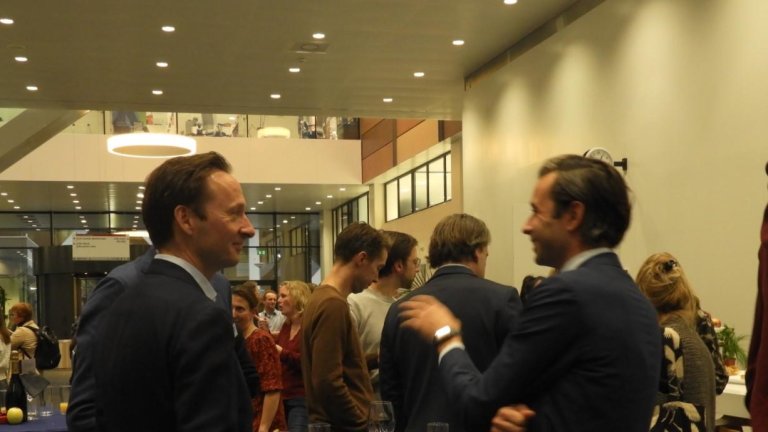
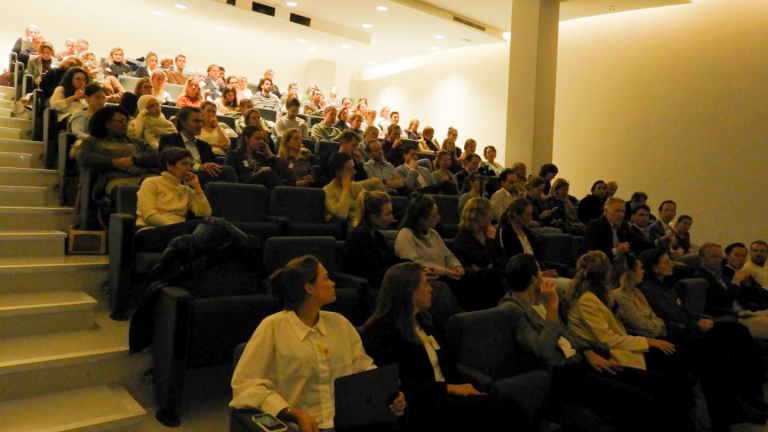
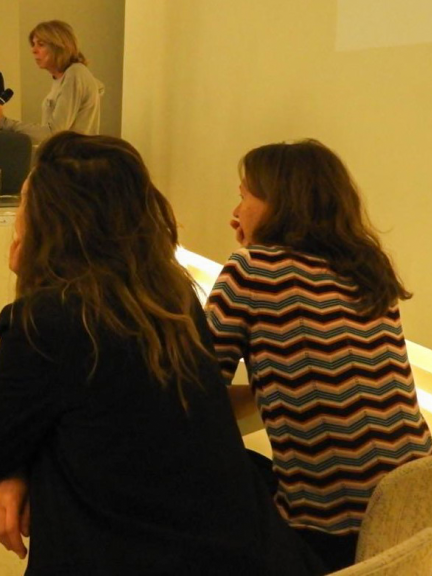
On March 21 the third edition of the MASLD symposium was organized. The evening covered the full translational spectrum focused on ‘MASLD: gearing up for an ever more prevalent liver disease’. During this symposium, five renowned speakers in the MASLD field shared their research, from MASLD and insulin resistance, to organoids as disease models, to the available therapeutics and more. The rest of the program was filled with talks by other junior experts in the field and a delicious networking dinner.
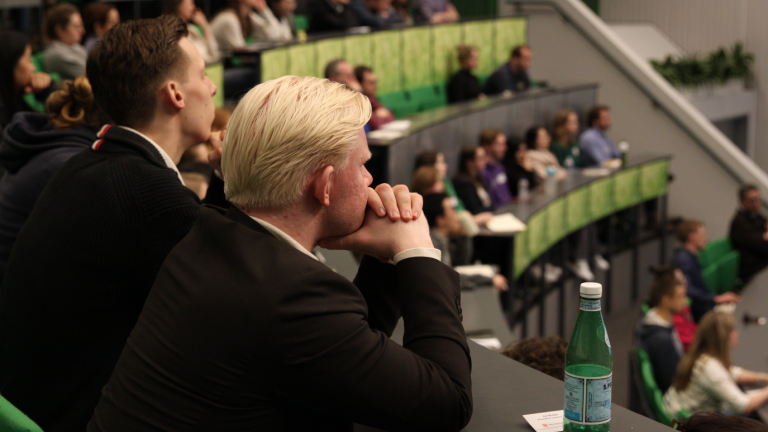
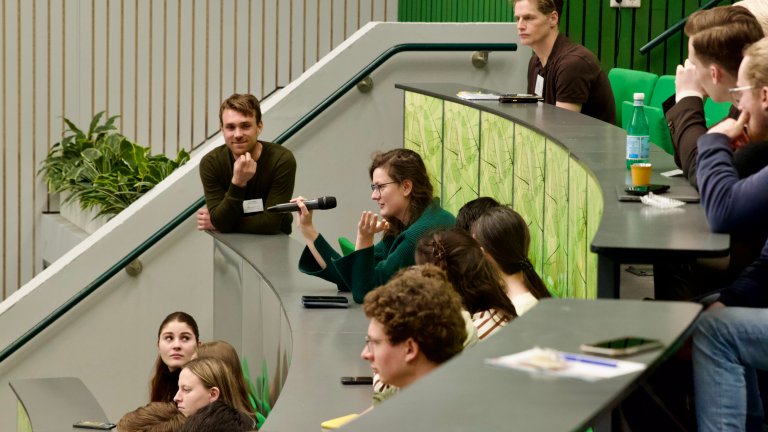
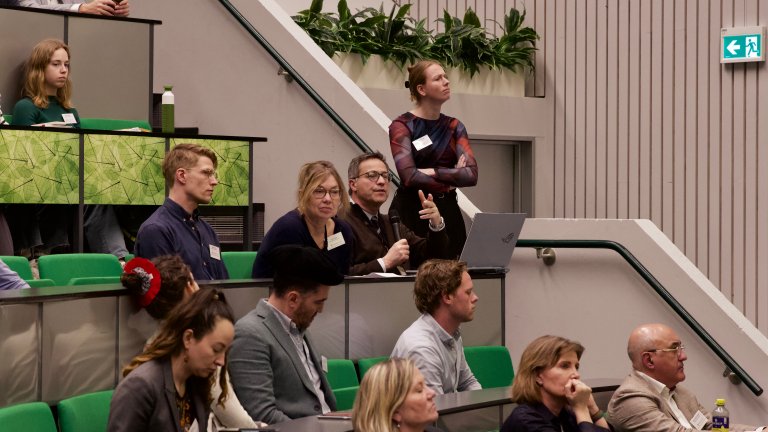
On October 10, we organized the AGEM Food for Life symposium! The day was filled with talks on Perioperative nutrition, Early life nutrition and Chronic diseases & nutrition, and it ended with a delicious vegetarian dinner and ample time for fruitful networking.
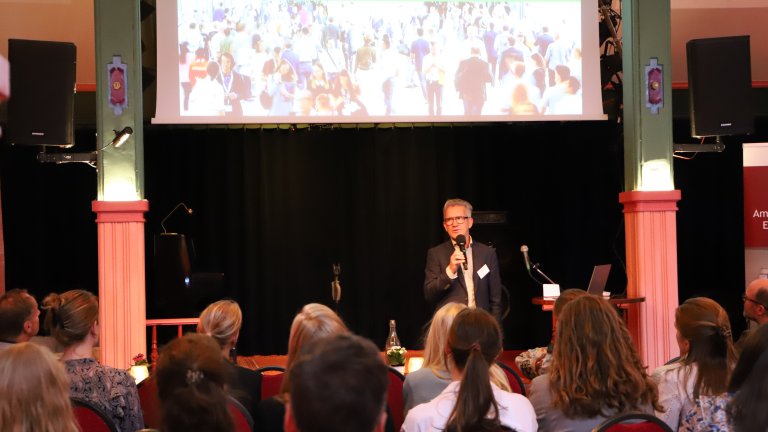

- Greet van den Berghe (KU Leuven): “Epigenetics and long-term harm by ICU nutrition”
- Imre Kouw (WUR): “Optimising nutrition care in (post)-intensive care patients”
- Hans van Goudoever (Amsterdam UMC): “Power of early nutrition for preterm and term born infants”
- Clara Belzer (WUR): “The Nature and Nurture of Our Microbiome”
- Nikki van der Kruk (Amsterdam UMC): “Dietary therapy for Crohn's disease”
- Emanuel Canfora (Maastricht University): “Microbial metabolites in control of body weight and insulin sensitivity”
With a special thanks to Arjen Brussaard for his pitch on valorization and to Stan van de Graaf and Ric van Tol for organizing and moderating the event!
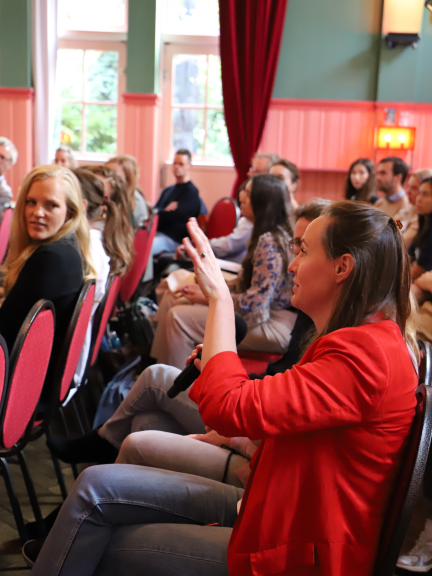
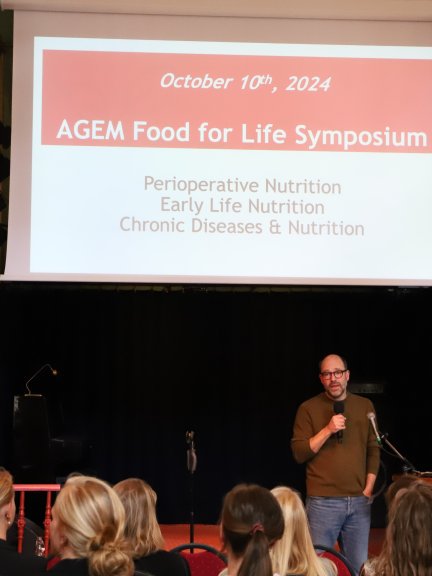
2023
The annual ImmunoMetNet symposium was organized in June and was again visited by over 100 researchers from institutes all across the country. The day featured sessions on metabolic control of the immune system, molecular immunometabolism, immunometabolism in health and disease and immunometabolites. During lunchtime the speakers and the attendees had ample opportunity to network. To close the meeting, keynote speaker Randall S Johnson (University of Cambridge, UK) provided an overview on the role of oxygen and immunometabolites in shaping immune function.

The HPBeter symposium was organized on December 8.
2022
With COVID-19 restrictive measures coming to an end, a series of succesfull symposia were organized in 2022. The annual ImmunoMetNet symposium was again co-organized by AGEM. With over 100 participants and renowned international speakers, the symposium was a great success. Keynote speaker David Sancho (CNIC, Madrid, Spain) presented unpublished work on the role of oxidative phosphorylation in maintaining tissue macrophage homeostasis. The invited speakers as well as the short pitches by PhD candidates highlighted that immunometabolism research is booming in and around Amsterdam UMC and that there is a need for more regular local ImmunoMetNet symposia allowing young researchers to present their ongoing immunometabolism-related work across the borders of the different research institutes.
On May 18, the second edition of the AGEM NAFLD symposium took place. The program consisted of a Meet-the-Expert lunch, presentations from international speakers and a presentation session featuring four young investigators from Amsterdam UMC and beyond. After a networking dinner, the symposium was concluded by two keynote speakers: prof. Paul Yen, who explained the importance of vitamin B12 and folate, and prof. Patrick Rensen, who spoke about three potential therapeutic targets to treat NAFLD/NASH.
In June, seven of the eight research institutes of Amsterdam UMC jointly organized the symposium Animal (free) research in Amsterdam UMC – Where are we now?. This symposium was the start to be more transparent about the use of laboratory animals within Amsterdam UMC to address specific research questions. From each research institute, one researcher presented their research and clearly indicated for which part no laboratory animals are necessary and for which part they still are used. At the end of the symposium there were two panel discussions, each with its own main question: 1) Is animal testing still necessary?, and 2) What is needed from Amsterdam UMC to be more transparent/open about the use of laboratory animals?. The symposium was very successful and received well by the audience. There was an interesting discussion and points were raised for us as Amsterdam UMC to improve. This meeting will be an annual event to show society and politics what we are doing, and to discuss with them the challenges that exist to replace research in laboratory animals with animal-free models.
The second edition of the HPBeter symposium took place on December 9. HPB refers to disorders that affect the hepato-(liver)-pancreato-biliary organs. A diverse group of medical professionals and researchers from across the Amsterdam region gathered to learn about the latest developments and current state of practice in the field of HPB medicine, including both benign and malignant disorders. A recurring theme was the importance of cooperation between hospitals, research institutes, and sponsors. It was frequently mentioned that without this cooperation, much of the research discussed at the symposium would not have been possible. Overall, the HPBeter Symposium 2022 was a highly successful and engaging event, providing attendees with a wealth of interesting and motivating information and insights.
2021
2020
2019
In 2019, AGEM organized three interesting symposia on different themes across AGEM's research programs.
The first symposium, "Complex Genetics of Metabolic Disease" simulated in-depth discussions among the participants, due to the wide variety of inspiring lectures. Again, lecturers were scholars from both Amsterdam UMC as well as beyond. Professor Johan Auwerx (École Polytechnique Fédérale, Lausanne), for instance, shared his groups data on system genetics approaches in exploring mitochondria and aging. And PhD candidate Marte Molenaars (Amsterdam UMC), talked about how mitochondrial and cytoplasmic ribosomes stoichiometric balance links two longevity pathways.
This symposium was followed in June by a symposium on "Hormones & Digestion", which focused on a wide variety of topics with lectures from both fundamental and clinical research. To conclude the day, Prof. Inge Depoortere gave an excellent key note lecture on the role of gastrointestinal hormones in the regulation of food intake. The lively discussions after each lecture were strinking and, according to the organizing committee, the elaborate interaction between the speakers and the audience resulted in new fruitful ideas for future research and possibly even new collaborations.
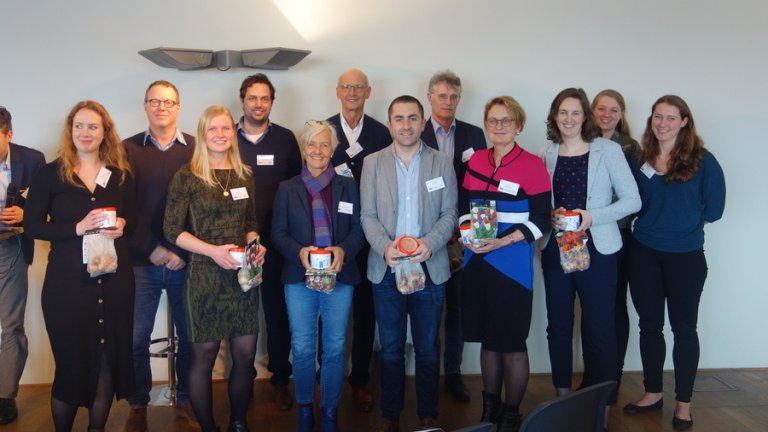
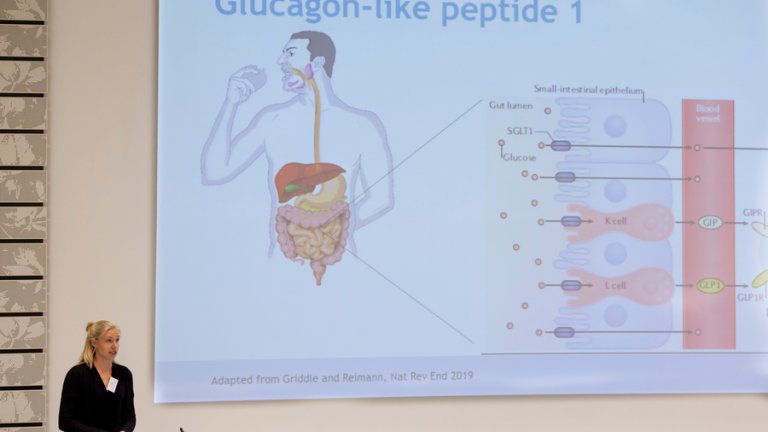
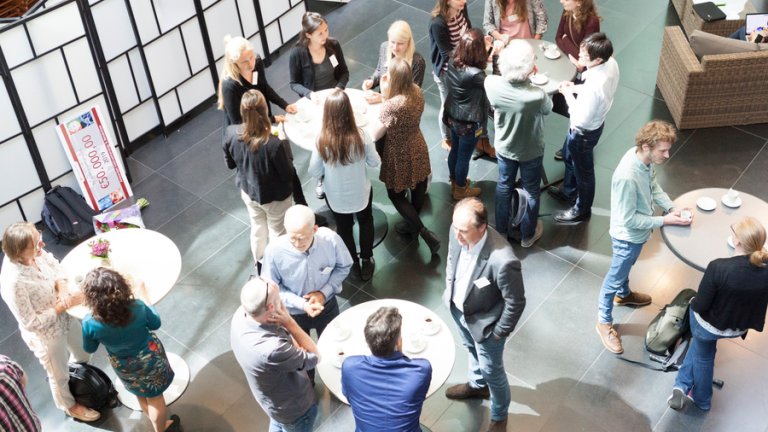
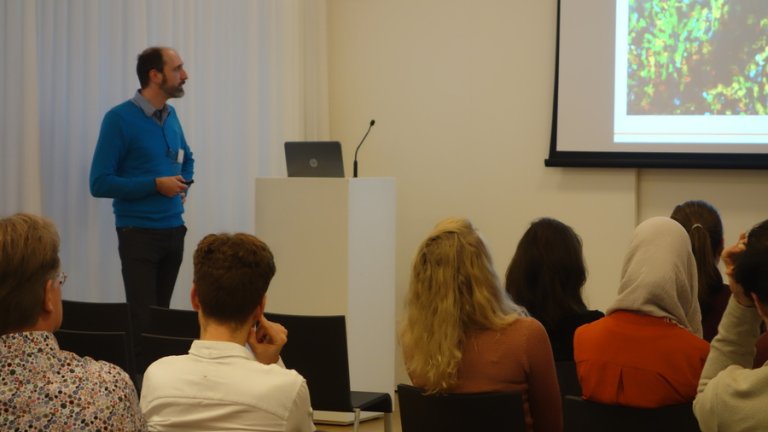
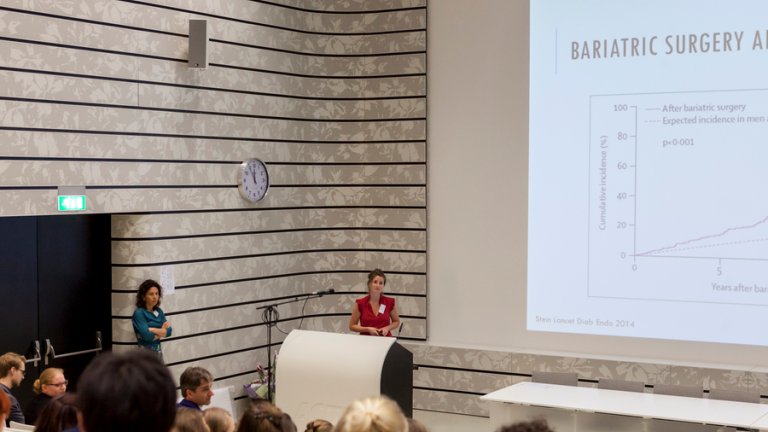
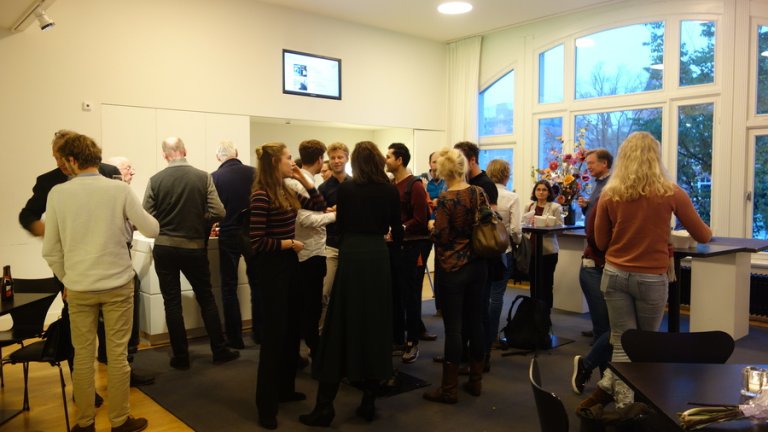
2018
In 2018, AGEM organized two successful symposia.
The first one was centred around the theme "Nutrition", in which lecturers discussed the relevance of nutrition and its relevance to their own research. The symposium was concluded by keynote speaker Prof. Jaap Seidell, who discussed that unhealthy food patterns and obesity may contribute to systemic low grade inflammation and that this chronic inflammation may lead to a host of metabolic derangements and noncommunicable diseases.
The second symposium was on Obesity, with special quest Prof. dr. William Dietz, from Washington, DC. Prof. dr. Dietz gave an inspiring lecture on the paradigm changes in obesity prevention and care. This, together with a 'Meet the expert session' and various interesting lectures, made the Obesity symposium a great success.
Another highlight of 2018 was the collaboration between AGEM and Cancer Center Amsterdam, on the "Colorectal Cancer" symposium. With over 200 guests, the symposium was strongly focused on collaboration and knowledge sharing. Plans were made for an optimalization of collaboration between the region (Noord-West Nederland) and the recently harmonized Amsterdam UMC, and preclinical and clinical rsearchers from AMC and VUmc were encouraged to cross-poliinate between the two Amsterdam UMC locations. The day was concluded by key note speaker Prof. dr. Hans Clevers (UMC Utrecht) with a lecture on his world famous stem cell research.
